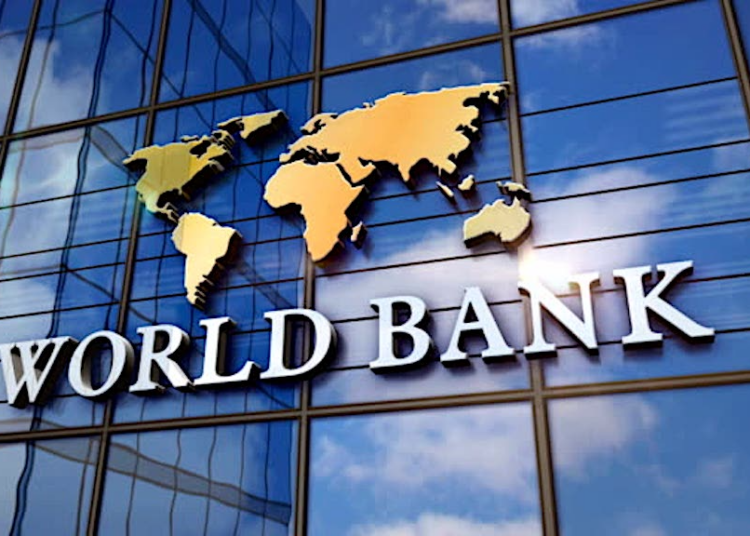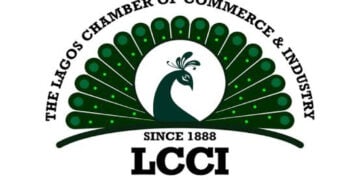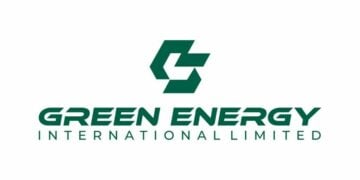The World Bank has predicted that solar power will energise 380 million Africans by World Bank.
To this end, the bank urged a joint action by governments and industry to realise the full potential of solar power, which it identifies as key to bridging Africa’s energy gap.
The bank believes that solar mini grids can provide high-quality uninterrupted renewable electricity to underserved villages and communities across Sub-Saharan Africa and be the least-cost solution to close the energy access gap on the continent by 2030.
Climate action efforts can tap solar mini grids that offer a lower greenhouse gas emission alternative compared to diesel-fueled systems and kerosene-based appliances.
‘The World Bank’s Mini Grids for Half a Billion People: Market Outlook and Handbook for Decision Makers’ notes that, to realise the full potential of solar mini grids, governments and industry must work together to systematically identify mini grid opportunities, drive costs down, and overcome barriers to financing.
In Nigeria, for example, a market-driven approach to mini grid development under the World Bank-supported National Electrification Project has catalyzed the deployment of more than 100 new solar-powered mini grids.
“Kenya has deployed mini grids to serve communities that are not connected to the main grid.
about 62 mini grids that are fully operational and 28, which are under construction. We hope to deploy more mini grids to close the energy access gap and ensure universal access to electricity by 2030, said, Cabinet Secretary ministry, Mr Davis Chirchir.
In Sub-Saharan Africa, 568 million people still lack access to electricity. Globally, nearly 8 out of 10 people without electricity live in Africa. At the current rate of progress, 595 million Africans will remain unconnected in 2030.
“While Africa remains the least electrified continent, it also has the biggest potential for solar mini grid deployment.Solar mini grids can reach populations today that would otherwise wait years to be reached by the grid. They have the potential to transform the power sector in Sub-Saharan Africa. Through World Bank operations and advice to governments, ESMAP is helping take mini grids from a niche to a mainstream solution, said manager of the World Bank’s Energy Sector Management Assistance Program (ESMAP), Gabriela Elizondo Azuela.
The deployment of solar mini grids has markedly accelerated in Sub-Saharan Africa, from around 500 installed in 2010 to more than 3,000 installed yesterday, and a further 9,000 planned for development over the next few years.
This is the result of falling costs of key components, the introduction of new digital solutions, a large and expanding cohort of highly capable mini grid developers and growing economies of scale.
In Africa, mini grids are on track to provide power at lower cost than many utilities. The cost of electricity produced by mini grids could be as low as $0.20/kWh by 2030, making it the least-cost solution for more than 60 per cent of the population.
Important progress has been made in several African countries to accelerate the deployment of mini grids.
In several countries such as Ethiopia and Zambia, new regulations and policy directives are making mini grids more attractive for private sector investment.
In Kenya, a combination of geospatial planning, favorable policies and regulations, and a robust business model based on public-private partnership is underpinning the World Bank-supported Kenya Off-Grid Solar Access Project, which is targeting almost 150 new mini grids in areas with low electricity access rates.
Further acceleration is needed, however, to mete Sustainable Development Goal 7 (SDG7). Powering 380 million people in Africa by 2030 will require the construction of more than 160,000 mini grids at a cumulative cost of $91 billion.
At the current pace, only around 12,000 new mini grids serving 46 million people will be built by 2030 at a total investment cost of approximately $9 billion.
The World Bank has committed more than $1.4 billion to mini grids over the next seven years, through 38 projects in 29 countries.
The investment plans of the World Bank’s portfolio include the deployment of 3,000 mini grids by 2029, with the expectation of bringing electricity to more than 13 million people.





